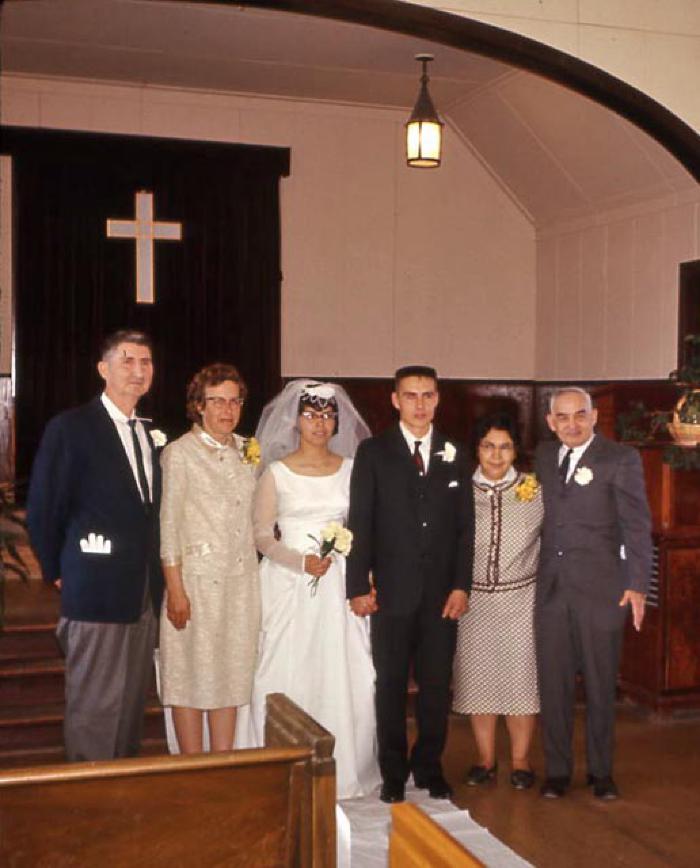Son-in-law — Nengauwaq

Alutiiq people use the term nengauwaq in a variety of ways. In some communities, it specifically means a son-in-law: the man who married your daughter. In others, the word is a general term for any man related by marriage. Whatever they are called, Alutiiq men know that when they marry an Alutiiq woman, they marry her family.
The extended family is extremely important in Alutiiq communities, where grandparents, parents, aunts, uncles, cousins, in-laws, and godparents form an extensive support network. These family members are expected to share what they have and provide assistance when it is needed. Also, family members work together. For example, groups of related men often form the crews of fishing boats or hunt together.
Until recently, when newly married couples began establishing households of their own, Alutiiq newlyweds lived with the bride’s family. This practice has ancient roots. Historic accounts indicate that a young man spent the first few years of married life working for his father-in-law until he had the resources to build and maintain a home for his wife.
Today, it can be hard to find a spouse in an Alutiiq community. Alutiiq villages are small. For young people, there are few unrelated people to date, and the church further limits potential partners by prohibiting marriage between church relatives. You may not marry a godparent’s child. Thus, many young people marry beyond their community. This reshuffles village populations, introducing men and women from other communities or creating communities where many of the young people have left.
